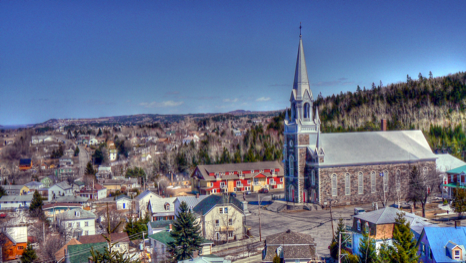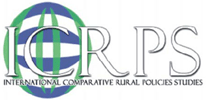by Bill Reimer, 23/05/2012
The 2012 ICRPS summer school (or maybe we should call it a ‘road show’ this year) will be exploring options for sustainable futures. We will do so by spending 3 days in Montréal, QC, to see how rural resources, people, and services contribute to urban success. We will then move to Québec City for 3 days to meet with the architects of Québec’s rural policy – recently featured in the OECD territorial reviews before travelling to the city of Rimouski in the Bas Saint-Laurent region.
Students and faculty will be engaged in a collective initiative to consider the major challenges for sustainable futures in rural and remote places, the principal agents governing those futures, the options available, and the policies that facilitate or inhibit them. We have been invited by the Québec government to contribute to the current discussion on the future of their rural policy by bringing international experiences and visions to bear on the policies, practices, and outcomes we see during our journey. Not only will students learn about rural policy – but they will have a chance to evaluate and possibly influence it. Not bad for a summer excursion!
The response for participation has been overwhelming, so the registration is closed, but all are invited to explore the details of the school – and comment on the framework that will be guiding our discussion by visiting the summer school site (http://icrps2012.ca). It may even inspire you to get ready for next year’s school in Italy.

Village Le Bic, Québec
Photo: Luc Bisson
BILL REIMER joined the ICRPS Consortium in 2011 and is co-organizing the ICRPS 2012 summer school in Quebec, Canada. Dr. Reimer recently retired from Concordia University, Department of Sociology and Anthropology. He has extensive experience in research on issues relating to rural Canada, with particular focus on social inclusion and exclusion. Reimer´s research areas include women´s farm and household labour, the impact of technology on rural communities, Aboriginal communities, the informal economy in rural Canada, social capital and community capacity-building.
